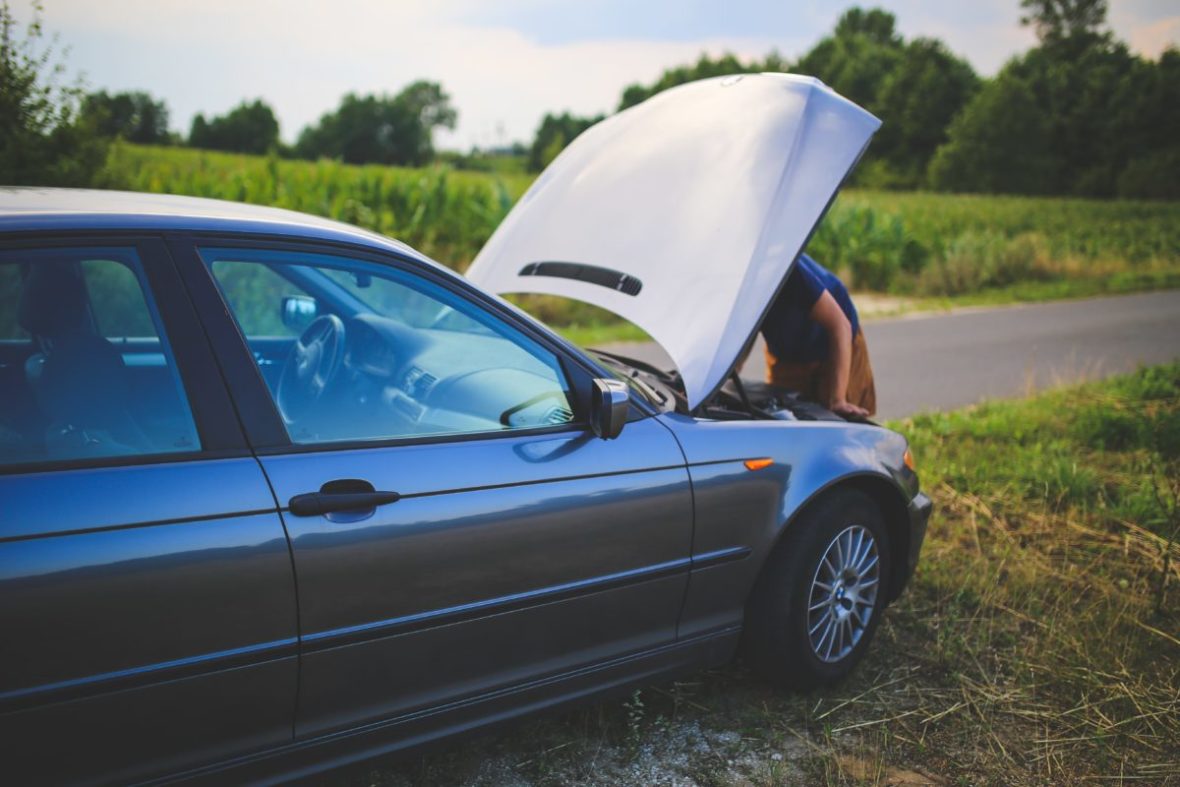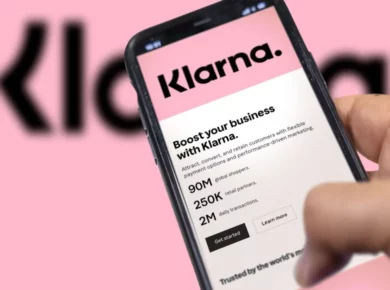What to watch out for with breakdown cover
Exclusions and clauses within breakdown cover can turn travel plans upside down. Are you covered for a pet sitting in the car, for a flat tyre, or after an accident on private land?
As you drive off, safe in the knowledge that if anything happens to your vehicle, you can just call your provider for some assistance – after all you’ve compared breakdown cover prices properly and purchased your policy through a reputable provider. What could go wrong?
Well, unfortunately, many drivers are unaware that a breakdown cover policy has several exclusions and clauses that could mean you are “under-covered”. The breakdown policy’s coverage may not be applicable in all situations, leaving you stuck roadside or having to pay an additional fee to your breakdown provider.
You should look for the following in your policy’s terms and conditions:
Coverage in case of a breakdown on private property
You might want to take the term ‘roadside assistance’ literally if you have a roadside assistance policy. For example, you might not get your breakdown provider to come to the rescue if your car breaks down in a private parking lot, such as an attraction car park or a shopping centre.
You may be able to receive some assistance from some if they’re “reasonably able” to reach your vehicle. For it to do so, it needs to be parked on a safe and accessible surface, and access must not be restricted, such as locked gates or access denied by the property owner. Others, however, may refuse to provide assistance or charge you an extra fee for recovery.
Getting stuck when you’re travelling with pets or livestock
In the event of a breakdown when travelling with a pet, transportation of your pet to your onward destination may be at the discretion of the airline.
It’s important to prepare for what might happen if your breakdown cover provider doesn’t transport your animal to safety.
Transport of livestock like sheep, horses or cows is unlikely to be considered under a standard policy. Some recovery services work with animal organizations to provide livestock and horse trailer breakdown coverage but while equine breakdown coverage is fairly common, finding policies that rescue you with cattle or sheep is much more difficult (and costly) to find.
Accident-related breakdown insurance
Some breakdown providers do not offer recovery services for vehicles involved in accidents, while those who do will usually only tow a vehicle from an accident scene after it has been authorised by the police or another part of the emergency services. This is due to complications of the vehicles and the protection of any potential evidence the police may need.
Breakdown cover for the minor faults
Do you have a flat tyre? Oil not topped up? It’s a myth that breakdown companies are willing to assist you with basic maintenance.
As a driver, it’s your responsibility to ensure that your vehicle is roadworthy, and it’s a good idea to know how to make some simple repairs to avoid being disappointed when your recovery team refuses to come out.
Misfuelling cover
Sounds silly but it’s easily done. And that is why some breakdown companies now offer misfuelling cover, so you’re covered if you’re one of the thousands of motorists each year who misfuel with diesel or unleaded.
Breakdown cover when driving abroad
Before you depart on your holiday or business trip, never assume that European breakdown cover as part of a standard package – many breakdown companies only offer it as an optional extra.
It is important to check the small print carefully, even if you have a European Cover policy – it may not be the same as what you receive on home soil.
Your family might pack to the brim the seven-seater people carrier – only to find out that the replacement car is a tiny hatchback that can barely accommodate a picnic hamper much less accommodate all your stuff.
It is always a good idea to carefully read your terms and conditions to be sure you understand them.
What to do if I’m not happy with my service levels
Check your policy thoroughly so that you do not travel without adequate breakdown cover, but always keep your membership card handy since the patrol officer may request it before helping you.
You should contact your provider as soon as possible if anything goes wrong or if you’re unhappy with the service you’ve received.
Detailed details of the complaints procedure should be included in your policy, including a contact email address and the timeframe by which the company must respond to your complaint.
Contact the Financial Ombudsman if the issue isn’t resolved or you are dissatisfied with the response – their website provides more information on how to do so.




